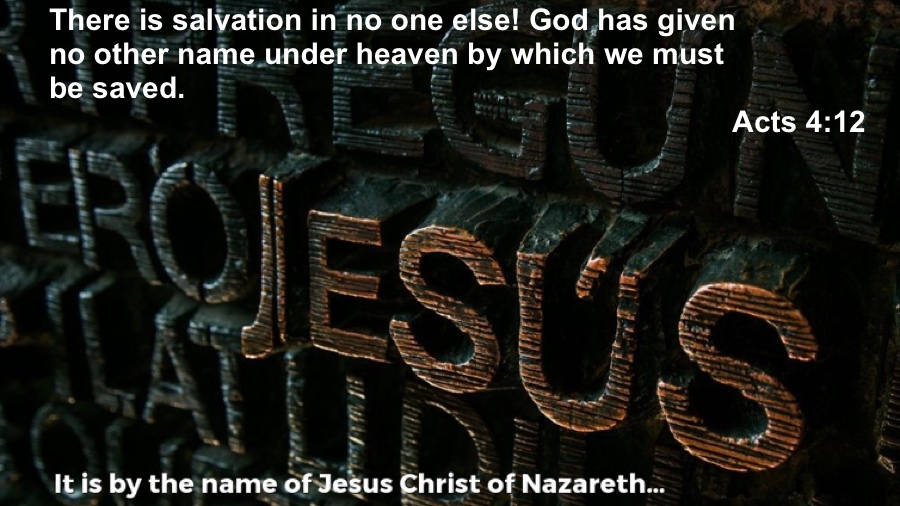Jesus came for all people so that they could know the love of God. He chose to be born in humble circumstances to common people, in an out of the way place in Bethlehem. Regardless of who we are, God wanted all of us to find salvation in Jesus.
The birth of Jesus emphasizes this desire of God for all people to find hope in Jesus. Magi, called wise men from the East, came from far away as representatives of another religion to welcome Jesus as King of the Jews. Disregarded shepherds were the first to receive the announcement by angels of Jesus' birth. God chose a common, plain, faithful young woman to carry his Messiah, Jesus, in her womb. A carpenter from Nazareth was challenged to believe the impossible and support Mary as her betrothed husband through the pregnancy, birth, and early life of Jesus. Old Simeon and long-widowed Anna were prophets who welcomed Jesus to the Temple eight days after his birth. The story of Jesus' birth is God's alert to us that Jesus came to be the Savior of all people.
In the closing days of Jesus' ministry, he brought his closest followers near him and told them that he, Jesus of Nazareth, was the only way to God and the only way to know God:
Jesus answered, "I am the way and the truth and the life. No one comes to the Father except through me. If you really know me, you will know my Father as well. From now on, you do know him and have seen him" (John 14:6-7).
In the early days of Jesus' church, his disciples boldly proclaimed:
"Salvation is found in no one else, for there is no other name under heaven given to mankind by which we must be saved" (Acts 4:12).

Jesus' claim as the only way to God and salvation, lead to several significant questions:
Isn't claiming Jesus as the only way to God too exclusive?
Don't these claims of Jesus being the only way to God leave out many other people from many religions?
Aren't such claims of "only Jesus" going to run into stiff opposition in today's cultural value of respecting other people's religious beliefs and not being exclusive about our ideas?
James Nored reminds us in today's video that the exclusive claims about Jesus are not new, and they have always been in dialogue with the convictions and beliefs of other religions, cultures, and people:
Jesus is the Savior of all people (John 4:42). The joy of his salvation is for all of humanity from "every nation, tribe, people and language" (Revelation 7:9-10). The invitation to experience God's grace in Jesus is extended to all people, regardless of race, gender, social status, or age (Acts 2:16-18; Galatians 3:26-29). In other words, Jesus may be the only Savior, but his salvation is for everyone who comes to him in faith.
For us, that reality of an exclusive Savior with inclusive salvation and community challenges each of us to face three important questions:
- Have I carefully looked at Jesus myself — studied his life, his teaching, his example, and his claims and decided who he is in my life?
- If I believe Jesus is the only way to God, what am I doing to share him with others?
- If Jesus is the Savior of all people, how is my church fellowship reflecting the people Jesus died to save — do we look like the description of people Jesus came to save in the previous paragraph?
The Bible and the early church were both exclusive and inclusive about salvation and fellowship. They built their lives on the conviction that Jesus was the world's only Savior. They created their fellowship, believing that all people who have faith in Jesus should be welcomed and included in the family of Jesus.











Reader Comments
Archived Facebook Comments